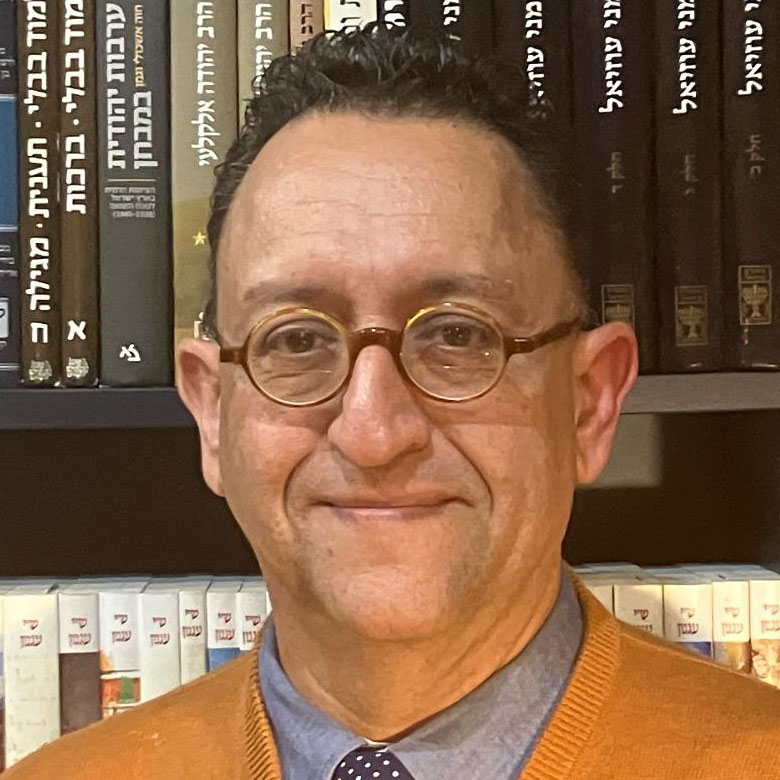Thanksgivukkah, Emma Lazarus & the Maccabees: Embracing our dual identity
There is something much deeper to “Thanksgivukkah” than sweet potato latkes. It is an opportunity to celebrate the blessing of our dual identity as Americans and Jews.

Rabbi Daniel Bouskila is the International Director of the Sephardic Educational Center.
There is something much deeper to “Thanksgivukkah” than sweet potato latkes. It is an opportunity to celebrate the blessing of our dual identity as Americans and Jews.
The day God pronounced two simple words — lech lecha — Abraham and Sarah’s lives changed forever. God instructs Abraham to leave his homeland, his birthplace and his father’s home, “to the land that I will show you, and there I will make of you a great nation” (Genesis 12:1-2). “Lech lecha,” go forth — and thus the long journey began.
It was early Monday morning here in the Old City of Jerusalem. We had just finished our minyan in the Rabban Yohanan Ben Zakkai synagogue, the same synagogue where generations of Sephardic Chief Rabbis have been crowned as the Rishon L’Zion. I walked over to the bookcase, and my heart was drawn to a large volume titled “Yabia Omer.” I sat over coffee studying, and when I turned on the radio, I heard that Rav Ovadia Yosef was in critical condition. I spent the morning immersed in “Yabia Omer,” until the bitter news was announced: “Rav Ovadia Yosef has passed on to heaven.” He was 93.
On a recent trip to New York, I spent Shabbat morning at The Jewish Center in Manhattan, a vibrant Modern Orthodox community. As services came to a close, the 500 congregants did not make the typical mad rush for the door. Instead, everyone remained seated, anxiously waiting to hear scholar-in-residence Tova Manzel.
 More news and opinions than at a Shabbat dinner, right in your inbox.
More news and opinions than at a Shabbat dinner, right in your inbox.